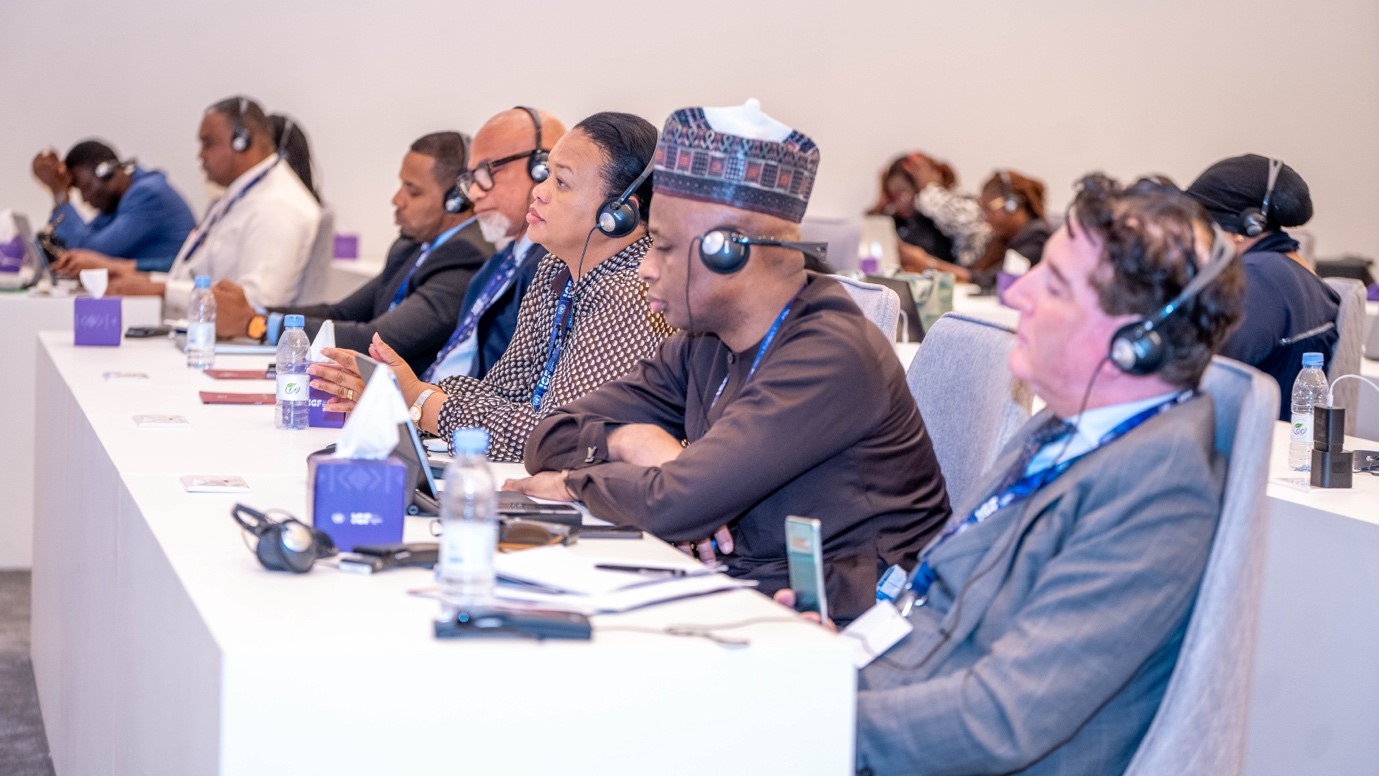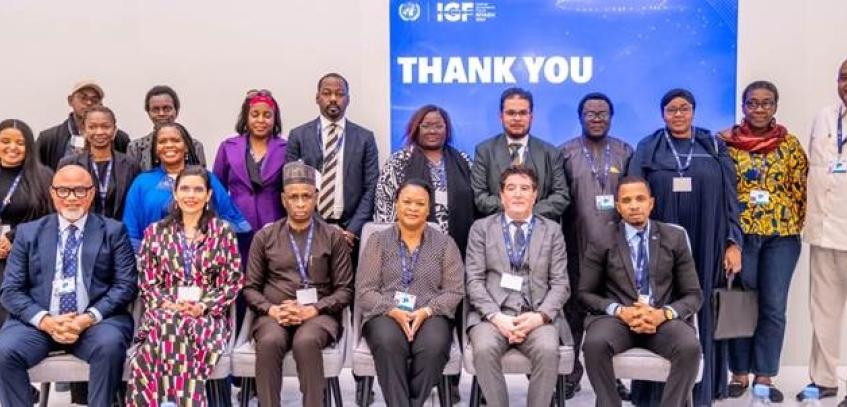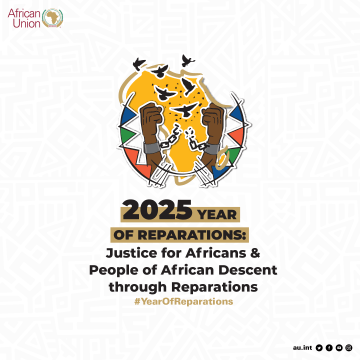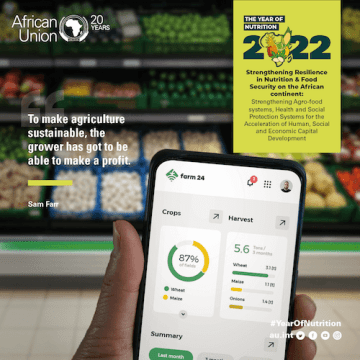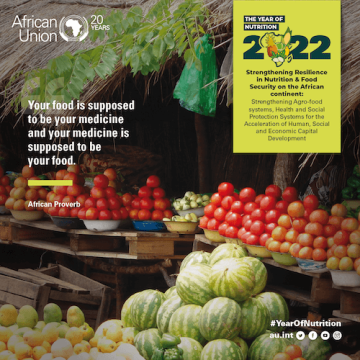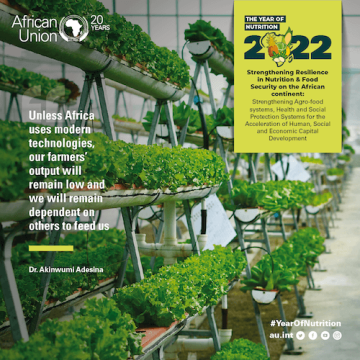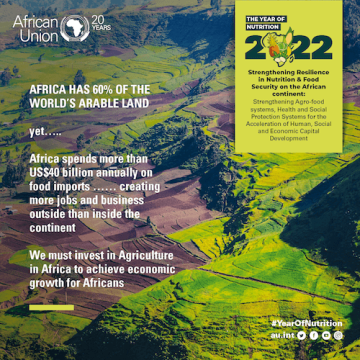Riyadh, Saudi Arabia, 18 December 2024 – The 19th edition of the United Nations Internet Governance Forum (IGF) concluded successfully at the King Abdulaziz International Conference Center in Riyadh, Saudi Arabia. Held from 15 to 19 December, the forum brought together over 10,000 participants from 160 countries, with a focus on shaping the future of digital governance.
This year’s IGF centered on the theme “Building Our Multistakeholder Digital Future,” underscoring the importance of digital transformation and innovation. The forum's agenda covered key areas such as harnessing innovation, managing digital risks, and enhancing the digital sector's contributions to peace, development, and sustainability. Discussions also emphasized advancing human rights, inclusion in the digital age, and strengthening digital governance to shape “The Internet We Want.”
As part of this global dialogue, the African Peer Review Mechanism (APRM) hosted a workshop titled “The Future of Governance in Africa” on the sidelines of the forum. The session explored innovative approaches to governance in the African context, particularly the role of digital technologies in addressing challenges and unlocking the continent’s potential.
The high-level workshop brought together policymakers, private sector leaders, academics, global and regional stakeholders, and technology innovators to discuss how digital transformation can address governance inefficiencies and catalyze Africa’s development. The event featured a dynamic lineup of thought leaders committed to shaping Africa’s digital future
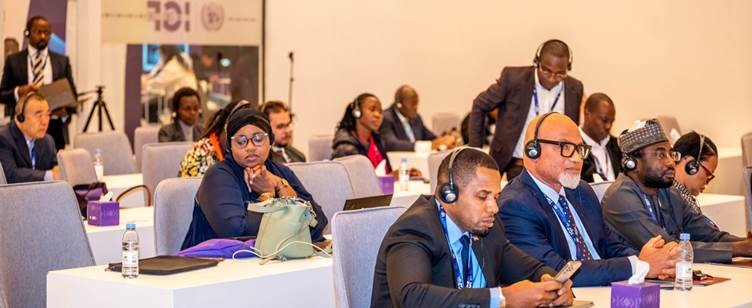
The main objective of the workshop was to develop strategies for leveraging digital technologies to enhance governance, address the challenges posed by emerging technologies, and create inclusive systems that empower marginalized communities. It also highlighted the importance of regional cooperation, public-private partnerships, and capacity-building initiatives in establishing a robust governance framework for the digital era.
Hon. Ammar Hadjar, Representative of the Minister of Foreign Affairs of Algeria and Chairperson of the APR Committee of Focal Points, called for collaborative efforts to bridge the digital divide and ensure that marginalized communities benefit from technological advancements.
H.E. Dr. Ismaila Ceesay, Minister of Information of the Republic of The Gambia, underscored the significance of digital transformation in economic governance. He highlighted initiatives aimed at improving tax collection, combating corruption, and enhancing resource management through digital economy, literacy, and identity programs.
H.E. Aminu Nasir, Nigerian Ambassador to the African Union, echoed the need for digital leadership, spotlighting Nigeria’s progress in digital governance. He praised the country’s ratification of the Malabo Convention and its strides in protecting digital rights. “Cybersecurity and data protection are essential for trust in digital governance. Inclusion must remain at the heart of building sustainable governance systems”, Amb. Nasir remarked. He further advocated for the creation of a continent-wide Data Protection Authority to standardize and enforce data protection measures across Africa.
UN Under-Secretary-General and Special Adviser on Africa, Mrs. Cristina Duarte, highlighted the need for consistent investment in digital public infrastructure, noting that digital transformation is not a mere policy option but a necessity for sustainable development. Mrs. Duarte urged stakeholders to rethink policymaking, with an emphasis on controlling economic flows, advancing sustainable finance models, and ensuring durable peace through governance reforms.
Amb. Salah Siddig Hammad, Head of the African Governance Architecture (AGA) Secretariat at the African Union, spoke on the challenges of governance in Africa, particularly those related to conflict and inadequate infrastructure. He emphasized that technology alone cannot resolve these issues without strong political will, reliable infrastructure, and effective orientation processes. Amb. Hammad highlighted the importance of balancing internet access with responsible use and strengthening national early warning systems to integrate them into continental frameworks.
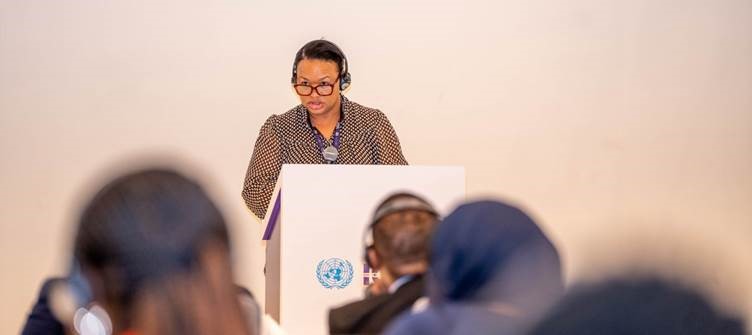
H.E. Amb. Marie-Antoinette Rose Quatre, CEO of APRM, emphasized the importance of ethical and inclusive technology in governance. “Technology is not just a tool, it is the bridge that connects dreams to reality”, she stated. “However, its power is only as good as the principles that guide its use. Without ethics, it can divide us. Without inclusivity, it can deepen inequalities. Without accountability, it can undermine trust,” Amb. Rose Quatre added. She called for bold, transformative action to ensure that technology strengthens governance, spotlighting the APRM’s role in leading initiatives such as e-governance capacity building in partnership with the United Nations Office of the Special Adviser on Africa and the United Nations Department of Economic and Social Affairs.
Representatives from Meta and the African Development Bank shared innovative strategies aimed at promoting democracy, fostering peace and security, enhancing digital inclusion, and boosting Africa’s digital economy. Their contributions underscored the vital role of collaborative efforts and cutting-edge technology in shaping a more inclusive and resilient digital future for the continent.
